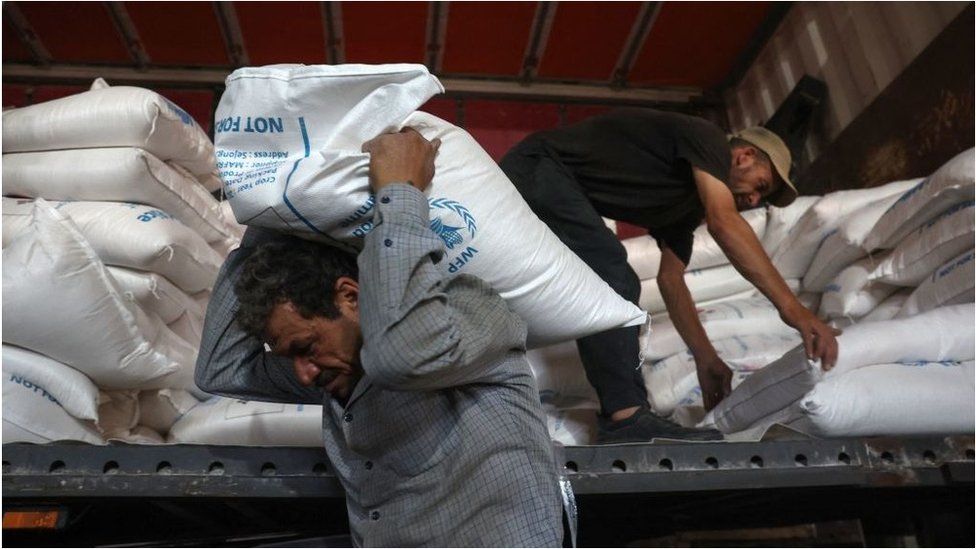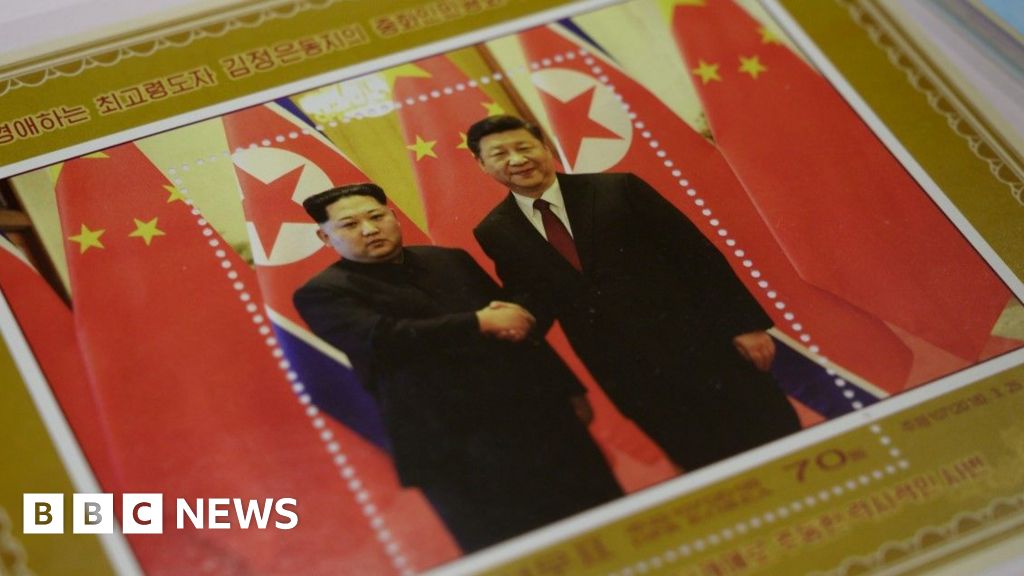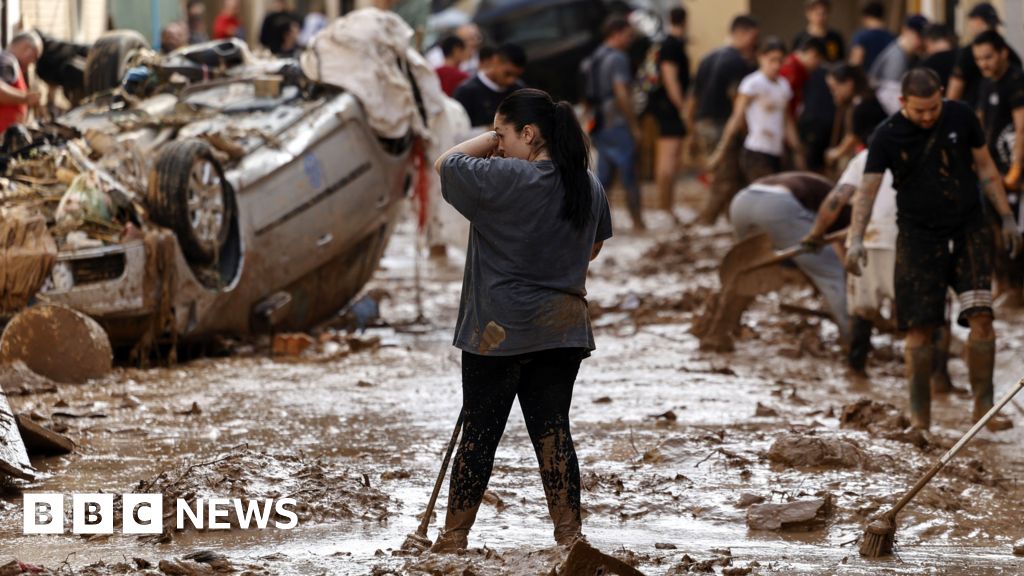ARTICLE AD BOX
 Image source, Getty Images
Image source, Getty Images
Millions of people in rebel-held north-west Syria depend on UN aid for survival
By Raffi Berg & Christy Cooney
BBC News
The United Nations has described as "unacceptable" the conditions placed by Syria in an offer to allow aid to keep reaching rebel-held territory.
Syria's ambassador to the UN said on Thursday his government would let aid continue entering the country via the Bab al-Hawa crossing from Turkey.
Members of the UN Security Council had earlier failed to reach an agreement to keep the border crossing open.
Some 4.1 million people in north-west Syria depend on the aid deliveries.
In a letter to the UN secretary general, Syrian ambassador Bassam Sabbagh said Damascus had made a "sovereign decision" to let aid cross through Bab al-Hawa for the next six months.
It would allow deliveries to resume "in full co-operation and co-ordination with the Syrian government", he said.
But in a document sent to the Security Council and seen by the AFP and Reuters news agencies, the UN's Office for the Coordination of Humanitarian Affairs (OCHA) said the proposal "contains two unacceptable conditions".
It said that, first, the Syrian government had "stressed that the United Nations should not communicate with entities designated as 'terrorist'".
Since the start of Syria's civil war in 2011, President Bashar al-Assad has frequently described any rebel groups or opponents of his regime as terrorists.
The OCHA also said Damascus also wanted the distribution of all aid in northwest Syria to be supervised and facilitated by the International Committee of the Red Cross (ICRC) and the Syrian Arab Red Crescent (SARC).
It said the condition was "neither consistent with the independence of the United Nations nor practical, as the ICRC and SARC are not present" in the area.
However, it did say the Syrian government's offer could be a "basis for the United Nations to lawfully conduct cross-border humanitarian operations via the Bab al-Hawa border crossing".
On Tuesday, Russia - a key ally of Syria's - used its veto on the Security Council to block a nine-month extension to the UN-brokered agreement allowing aid to move through Bab al-Hawa.
Syria and Russia have previously objected to the UN aid delivery mechanism as a violation of Syria's sovereignty,
But Russia was then unable to win enough support among the Council's 15 members for its favoured option of a six-month extension.
The US - which along with France and the UK had called for a one-year extension - accused Russia of "an act of utter cruelty".
The offer from the Syrian government was met with concerns that Damascus could be able to control the distribution of aid, and stop it reaching opposition-held areas.
"The priority needs to be getting aid flowing again, fast, to the people who need it - and then getting certainty over its future," UK ambassador Barbara Woodward said after Syria's announcement.
"But without UN monitoring, control of this critical lifeline has been handed to the man responsible for the Syrian people's suffering," she added.
The Bab al-Hawa lifeline has become even more important since a devastating earthquake struck north-west Syria in February, killing more than 4,500 people and displacing 50,000 families.
Despite the impasse over Bab al-Hawa, the UN is still able to use two additional aid crossings that were opened with the consent of the Syrian government following the earthquake until 13 August.

 1 year ago
16
1 year ago
16








 English (US)
English (US)